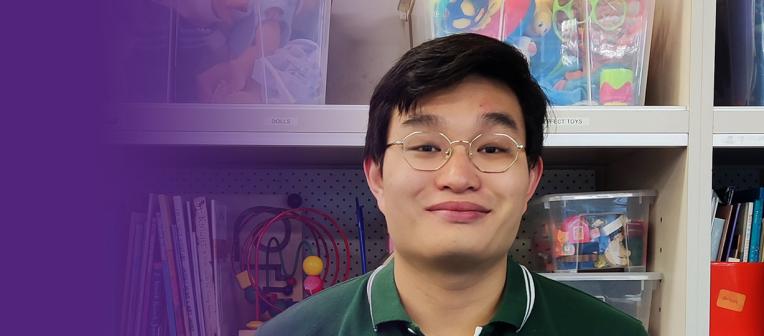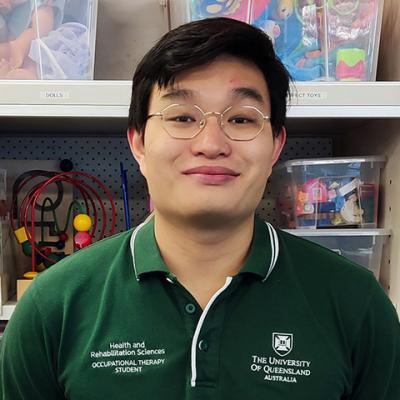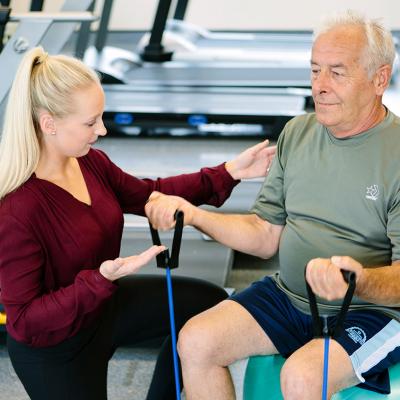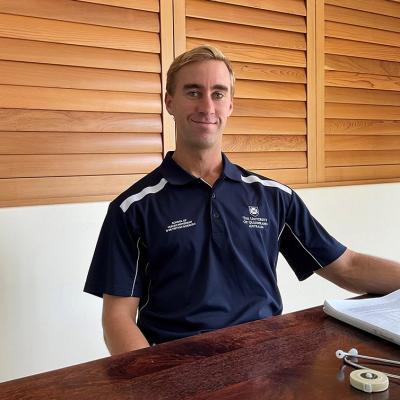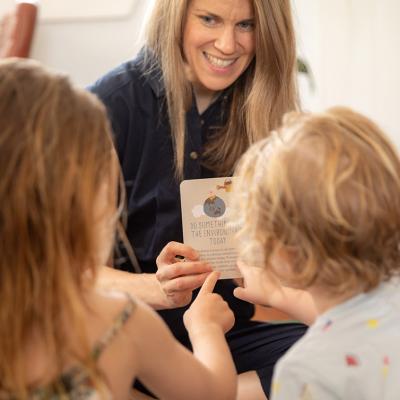Ever wanted to know what it’s like to study occupational therapy? Amos Teo, a current UQ Bachelor of Occupational Therapy (Honours) student, discusses the discipline and his experiences studying the program.
What do you study in occupational therapy?
Some of the areas of study that we draw from that form the foundation of our knowledge base include:
- physiology
- anatomy
- psychology
- public health
- wellbeing.
Why did you want to study occupational therapy?
I wanted to study occupational therapy because of the variety of specialisations that it offers. It also creates a significant impact in an individual’s life as we get to understand and know people in a hands-on and practical manner, supporting them to be their best versions of themselves.
How long does it take to study occupational therapy?
The Bachelor of Occupational Therapy (Honours) takes 4 years (full time) at UQ.
Thinking of a change in study or career? Use your prior academic credit and become a registered occupational therapist in as little as 2.5 years with UQ’s Master of Occupational Therapy Studies.
What does a day in the life of an occupational therapy student look like?
It can vary greatly from year to year in the undergraduate course, but across the week you will typically have a combination of:
- lectures
- tutorials
- simulations
- hands-on activities
- practical placements
- supervision from clinical educators.
What’s the most unexpected thing you’ve learnt while studying occupational therapy at UQ?
I was surprised by how the field of social science (anthropology, sociology, etc.) can inform our theoretical knowledge base.
What have you learnt about yourself since you began to study occupational therapy at UQ?
I have learnt:
- how to have better control of my emotions and feelings, especially when I’m running sessions with clients
- that my sociocultural background can influence the way I interact with clients of various age groups, and how I can manage them according to who I am working with
- that relating to people, especially individuals with disability, can be informed by both my personal and professional experience.
What do you love about studying occupational therapy at UQ?
I enjoy the practical experience and exposure that I get in third and fourth years. The support from peers, fellow students and most of all the academic team is beneficial to my training to be a professional.
“The wealth of knowledge that the academics and clinical educators have is invaluable to my university education.”
How have the facilities at UQ helped shape your experience of studying occupational therapy?
The facilities here in UQ support my learning of OT – having dependable internet, spaces to work both individually and in groups, having clinical spaces where we can have exposure to clinical work and also allows for continual feedback from supervisors.
Take a walk through the Simulation House at the School of Health and Rehabilitation Sciences, where occupational therapy students treat trained actors playing patients in a true-to-life setting.
How have you found studying in an interprofessional environment with students from different allied health disciplines?
It has been a steep yet fascinating learning curve when working and interacting with the various professions. The professional lens with which each discipline approaches an issue is enlightening and contributes to a more holistic understanding of health, which allows us to have a greater appreciation for integrated healthcare, supporting us to be more effective clinicians.
How have your teachers had a positive impact on your studies?
The expertise with which each member of the teaching team has within their respective specialties is a great source of motivation and encouragement to strive towards the same level of mastery and experience in a specific field (e.g. maternal mental health).
What can you do with an occupational therapy degree?
You can become a practising occupational therapist either in private clinics or in government hospitals and organisations. You can work in a wide range of fields such as:
- general and specialised rehabilitation
- hand therapy
- paediatrics
- community healthcare
- mental health
- return-to-work consultancy.
You can also choose to pursue a career in academic research, contributing to the ever-growing body of research in the field.
What are you looking forward to in your career as an occupational therapist?
I am looking forward to using my skills and expertise to support people from any walk of life to live their best lives.
Learn more about UQ’s Bachelor of Occupational Therapy (Honours)

